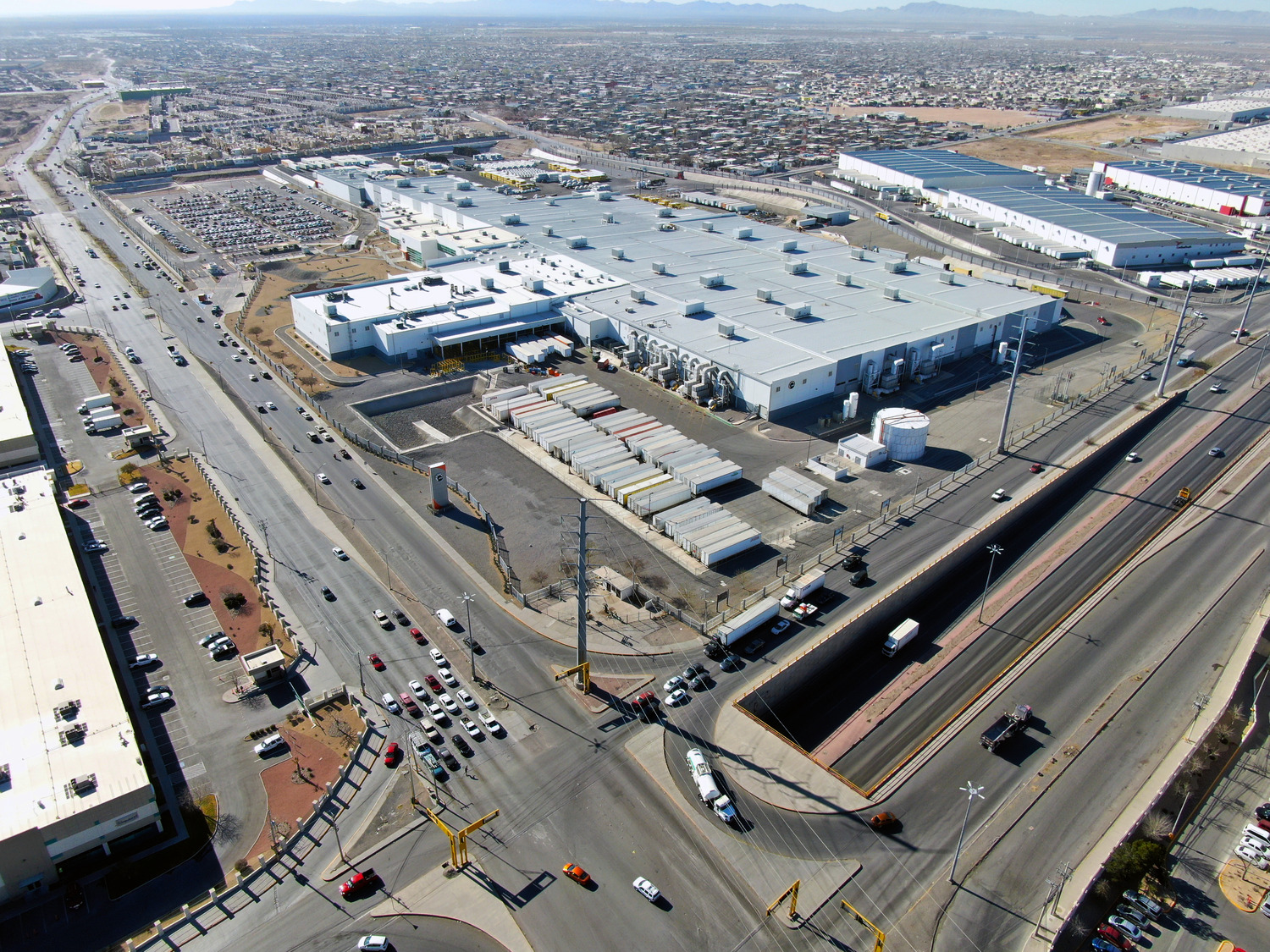Karine St-Germain, Project Manager, Energy Transition | EXP
Organizations around the world are facing the urgency to take action on reaching net zero emissions by 2050. Reports from climate change experts, including the Intergovernmental Panel on Climate Change (IPCC), are clear: immediate action is needed to help ensure a sustainable future for all. Decarbonization, a process aimed at eliminating direct and indirect energy-related emissions, is a key step in this process.
The Chair in Energy Sector Management at HEC Montréal has identified the main sources of greenhouse gas (GHG) emissions in Quebec, and it is no surprise to see buildings (9 Mt of GHG) and industries (15 Mt of GHG) on the list. Energy use is skyrocketing, and alternative energy efficiency solutions need to be quickly put in place to protect our renewable resources and prevent the power grid from reaching maximum generation capacity, especially during peak periods.
Many large companies are already taking action to help reduce GHG emissions and lay the foundation for an energy transition plan by 2050. EXP teams are doing their part to enact change by drawing from extensive technical expertise and sustainable development knowledge to integrate innovative solutions into client projects.
There is more to the solution than simply transitioning Quebec buildings to electricity. GHGs need to be quantified, energy efficiency measures need to be identified and dual energy solutions need to be implemented to better manage electricity consumption during peak winter periods. Otherwise, the grid will reach its maximum generation capacity, potentially leaving the province with little choice but to import electricity from polluting sources.
For more than a decade, EXP engineers have been conducting audits and energy efficiency studies and integrating energy efficiency measures into plans and specifications for projects. For example, on retrofits of Montreal city arenas, refrigerant-based refrigeration systems have been replaced to minimize or eliminate emissions of ozone-depleting compounds. Heat recovery systems have also been added. The fuel consumption that is avoided helps reduce GHG emissions that contribute to climate change. Other projects in the building sector have also incorporated tools and technologies to improve energy efficiency, including heat recovery systems, heat pumps, unit heaters, geothermal energy and solar panels. Designing and implementing innovative technical solutions has always been at the heart of what we do at EXP.
Today, energy efficiency measures and savings reduce GHG emissions, regardless of the source of energy. For new buildings and industrial facilities, we offer carbon neutral solutions from the early phases of the project. For clients with existing facilities, we draft and develop decarbonization plans that align with their sustainability goals and objectives. We are continuously working to create effective measurement tools designed to support our customers on their net zero journey, notably by creating roadmaps that lay out the sequence of work to enhance the energy efficiency of buildings. We also guide clients in applying for grants to implement these measures. Our experts provide follow-up, apply the GHG inventory protocol and measure the carbon footprint to ensure we are implementing the best solutions to achieve our clients’ goals.
Helping global leaders blaze a path to net zero
In April 2022, BRP, a leading global producer of motorized recreational vehicles and propulsion systems, announced the launch of its new Corporate Social Responsibility (CSR) program, reinforcing its commitment to sustainability initiatives. One of the goals of the program is “to make BPR’s facilities carbon neutral and achieve zero landfill waste by 2030. The company is also aiming to reduce supply chain CO2 emissions by 25% by 2035.” 1
EXP is guiding BRP in this process by identifying energy efficiency measures and other solutions. Our team of engineers are carefully assessing various methods of boosting the efficiency of BRP’s buildings and processes. Potential solutions include:
- Recommissioning and optimizing the energy management and recovery system.
- Installing heat pumps.
- Converting electromechanical equipment or electrical and/or dual energy processes.
- Installing solar water heaters and walls.
- Converting to energy-efficient light fixtures.
- Optimizing compressor systems.
- Electrifying the vehicle fleet.
- Installing solar panels.
- Insulating the building’s thermal envelope.
- Installing thermal storage and ice banks.
- Seeking electricity supply contracts from responsible and less polluting sources (for facilities abroad).
Together, these practices could help eliminate the majority of the company’s CO2 emissions at its manufacturing sites around the world, paving the way to achieve net zero emissions by 2030.
EXP specialists also take site location into consideration when designing industry and building decarbonization plans. Decarbonization solutions vary from region to region and country to country. To calculate the percentage of GHG emissions and develop an effective plan, we need to look at how buildings and facilities integrate into their environment. Climatic conditions and parameters such as building envelope insulation, electromechanical systems, process equipment, energy supply and operating models differ from building to building and must be considered. Successful implementation of a decarbonization plan requires effective planning, analysis and close monitoring. Project siting is an essential step in this process. In Quebec, for example, electricity generation has a very low emission factor, whereas natural gas does not. Outside Quebec, the opposite is often true. The GHG emission factor for electricity generation can be two to three times higher than that of natural gas. We must therefore find greener and renewable energy suppliers in order to achieve our client’s goal. EXP also supports BRP in characterizing residual materials to implement an optimized circular waste management model and achieve zero waste by 2030.
Learn more about our decarbonization and sustainable development services and solutions by contacting Karine-St-Germain, Project Manager, Energy Transition.
1 Source: Press Release, BRP launches new CSR program and strengthens its commitment to corporate social responsibility.

